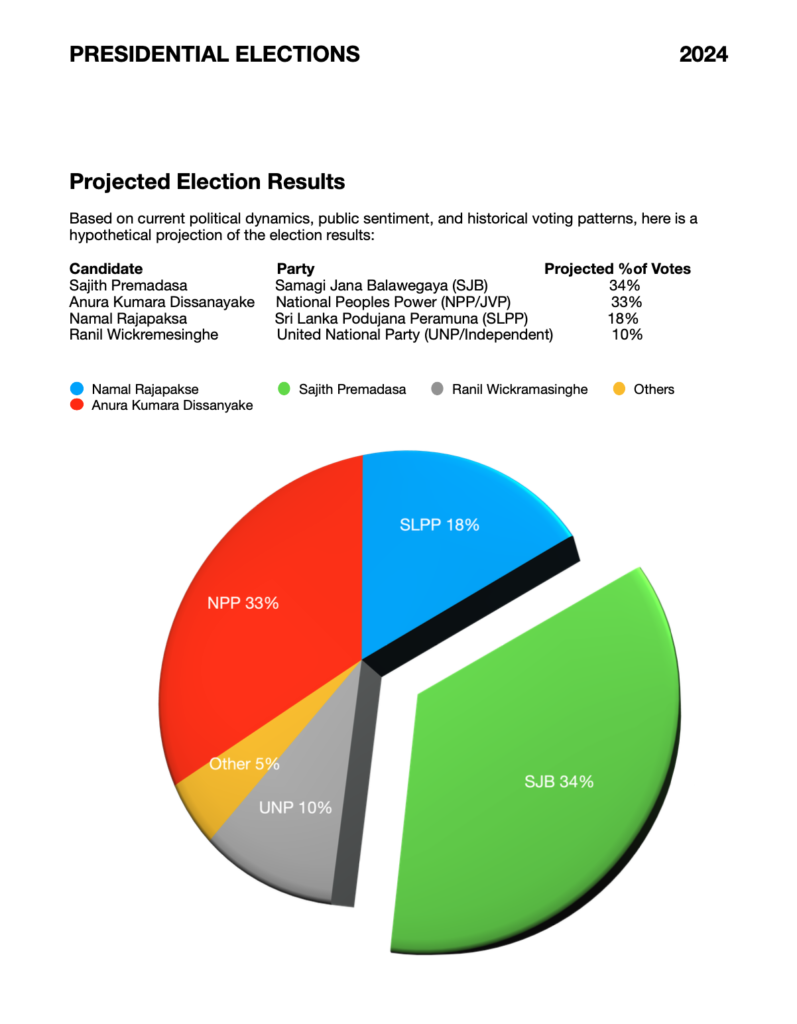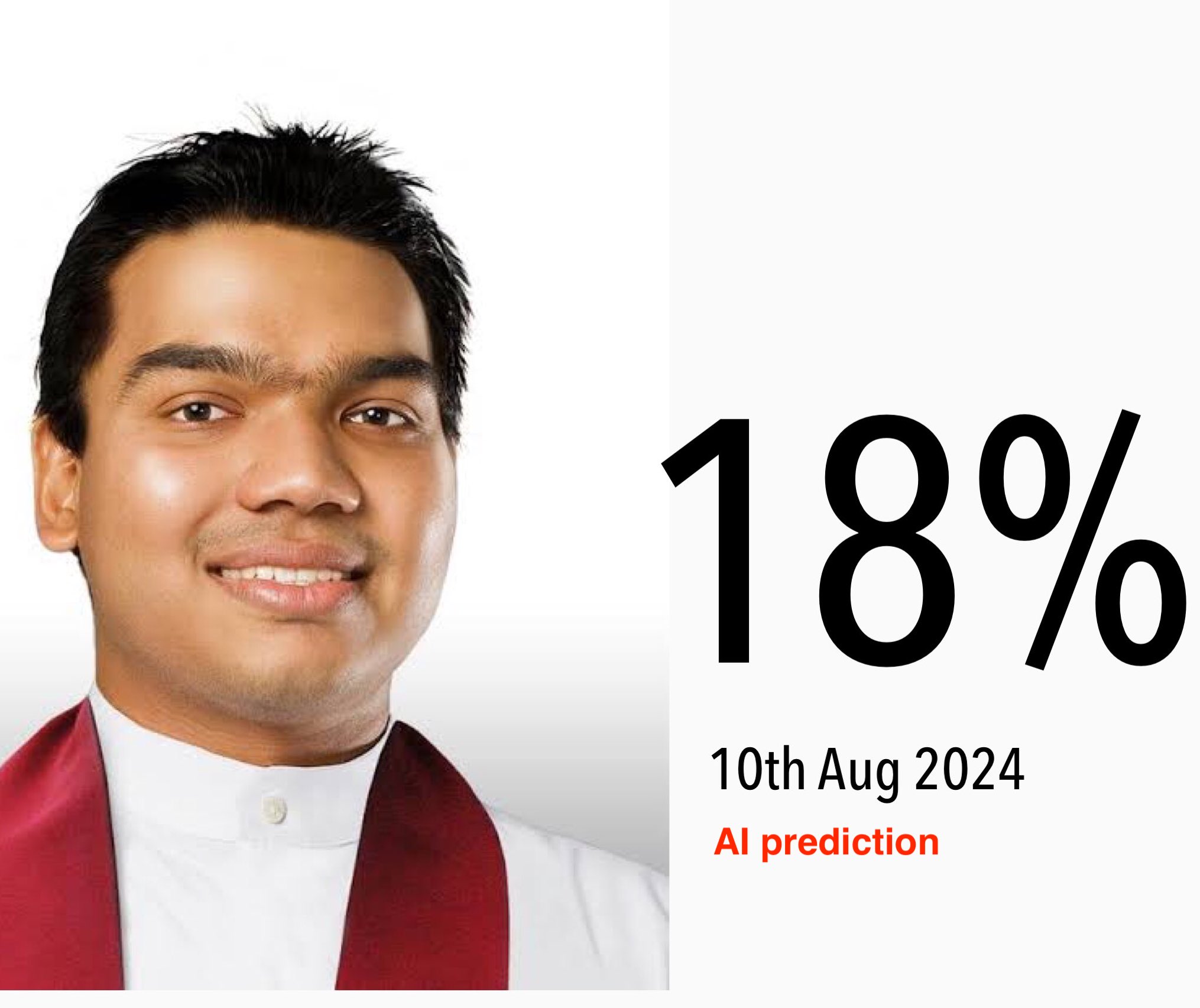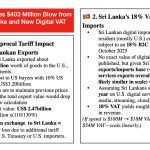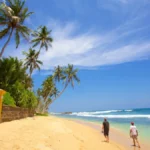As of August 2024, the political landscape in Sri Lanka is shaping up for the presidential election scheduled for September 21, 2024.
Candidates
1. Namal Rajapaksa – The son of former President Mahinda Rajapaksa, he represents the Sri Lanka Podujana Peramuna (SLPP) party. His candidacy is significant as it marks a return of the Rajapaksa family to the forefront of Sri Lankan politics after a period of public discontent against their rule.
2. Ranil Wickremesinghe – The incumbent president, who has been in power since 2022, is running for re-election. His administration has faced challenges, including economic crises and public protests, which may affect his popularity.
3. Sajith Premadasa – The leader of the Samagi Jana Balawegaya (SJB) party, he is a prominent opposition figure and has been critical of the current government’s handling of the economy and governance.
4. Anura Kumara Dissanayake – The leader of the National People’s Power (NPP), he represents a leftist alternative and appeals to younger voters disillusioned with traditional parties.
Strengths and Weaknesses
1. Namal Rajapaksa (Sri Lanka Podujana Peramuna)
– Background: Son of former President Mahinda Rajapaksa, Namal is seen as a continuation of the Rajapaksa legacy. He has a strong political base and is popular among the party’s traditional supporters.
– Strengths: Strong family name, established political connections, and support from the ruling party.
– Weaknesses: The Rajapaksa family has faced significant backlash due to the economic crisis and allegations of corruption during their rule.
2. Ranil Wickremesinghe (United National Party (NP)/Independent)
– Background: The incumbent president, Wickremesinghe has been in politics for decades and has held various key positions, including Prime Minister.
– Strengths: Incumbency advantage, experience in governance, and a more stable economic approach compared to previous administrations.
– Weaknesses: His government has been criticized for handling the economic crisis poorly, which may affect his popularity.
3. Anura Kumara Dissanayake (National People’s Power NPP/JVP)
– Background: A prominent leftist leader, Dissanayake has been vocal against the Rajapaksa regime and the current government.
– Strengths: Strong grassroots support, particularly among youth and working-class voters.
– Weaknesses: Limited national reach compared to the larger parties.
4. Sajith Premadasa (Samagi Jana Balawegaya)
– Background: Former Deputy Leader of the UNP and a strong contender in the last election.
– Strengths: Charismatic leader with a focus on social welfare and economic recovery.
– Weaknesses: Struggles to consolidate support against the more established parties.
Analysis of Candidates’ Potential to Win
- Namal Rajapaksa: His connection to the powerful Rajapaksa family could attract traditional SLPP voters. However, the family’s legacy is mixed due to past economic mismanagement and public protests against their rule. His youth and fresh image may appeal to younger voters, but he will need to address the public’s concerns about the Rajapaksa administration’s past.
- Ranil Wickremesinghe: As the incumbent, he has the advantage of being in power, but his administration’s handling of the economic crisis has been criticized. His ability to secure a second term will depend on whether he can convince voters that he has a viable plan for recovery.
- Sajith Premadasa: He has a strong base among urban voters and those dissatisfied with the current government. His campaign will likely focus on economic recovery and social justice, which could resonate well with the electorate.
- Anura Kumara Dissanayake: He appeals to a niche but growing segment of the electorate that seeks an alternative to the traditional parties. His success will depend on mobilizing younger voters and those disillusioned with the status quo.
Projected Election Results
Based on current political dynamics, public sentiment, and historical voting patterns, here is a hypothetical projection of the election results:

Disclaimer: This is a prediction entirely based on AI Analysis as of 10th August 2024 without any human input or verification. Voter turnout and public sentiment leading up to the election will be crucial in determining the final outcome. The dynamics may shift as the election date approaches, influenced by campaign strategies, public debates, and emerging issues.

















